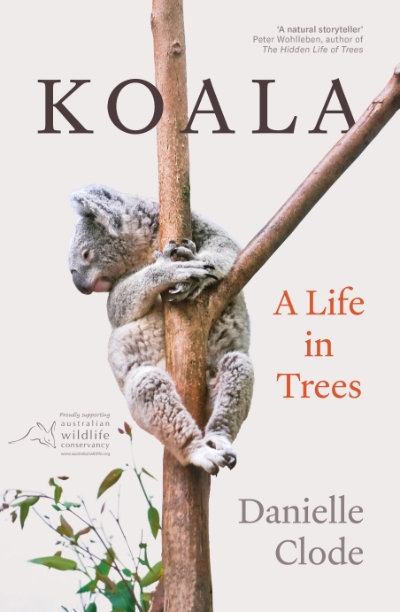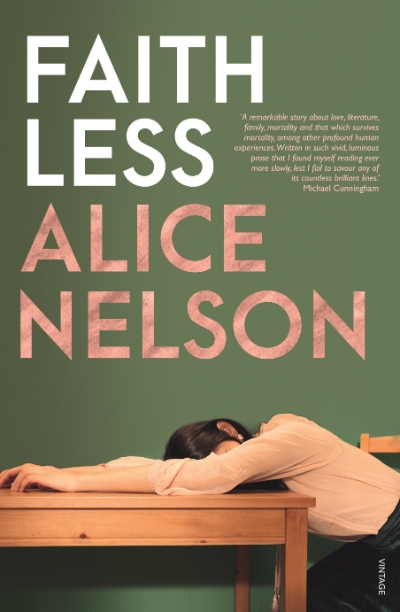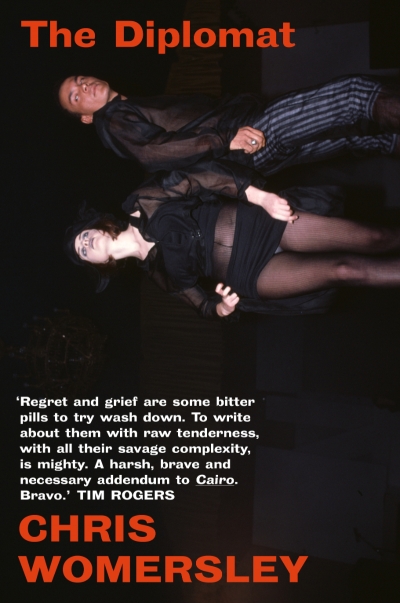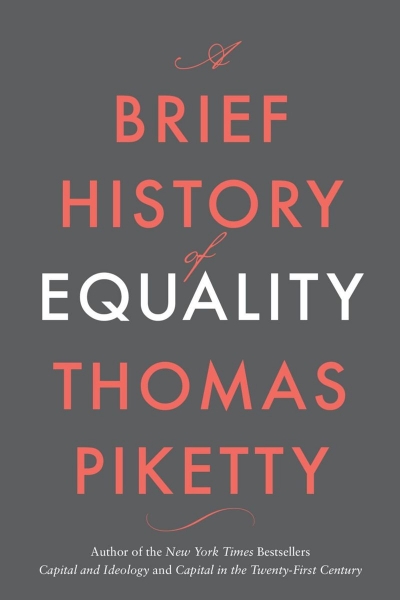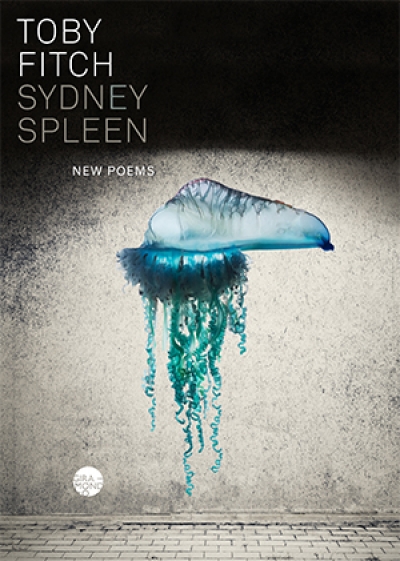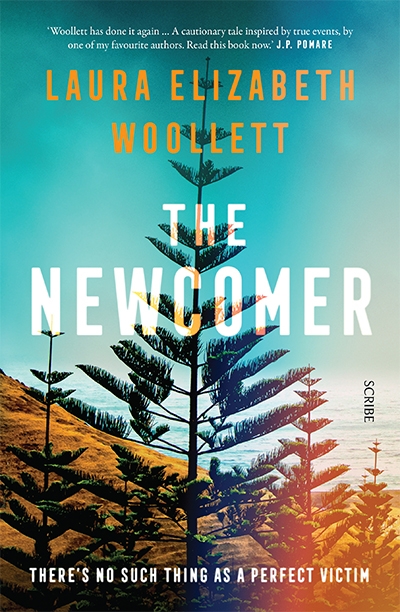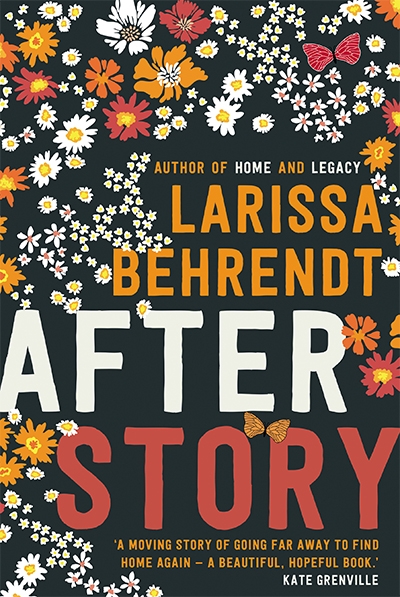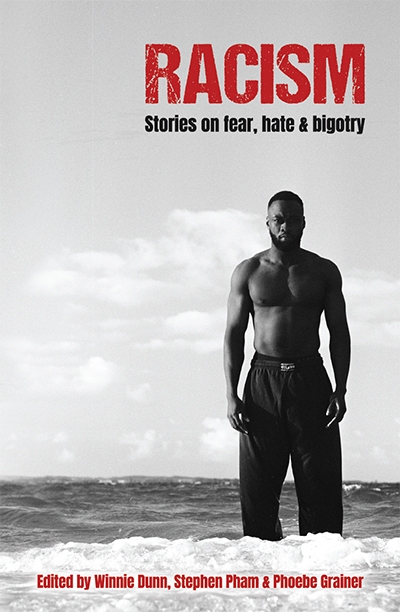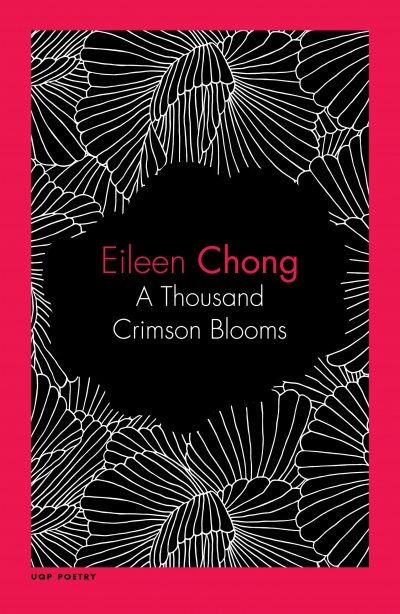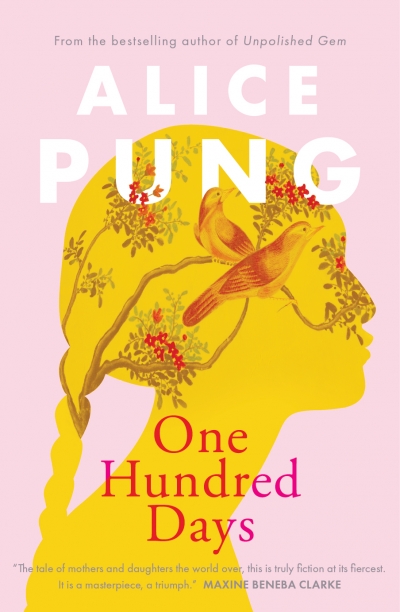The biographical note to A Thousand Crimson Blooms observes that Eileen Chong’s first book, Burning Rice (2012), is ‘the first single-author collection of poetry by an Asian-Australian to be studied as part of the NSW HSC English syllabus’. Having run many writing workshops for students and adults over the years, Chong takes her pedagogy as seriously as her poetry. It’s no surprise, then, that A Thousand Crimson Blooms, Chong’s fifth collection, is replete with scenes of instruction. In ‘Teacher’, the poet corrects her mother’s pronunciation (‘I say TEAcher, then, I say teacher. / … I feel like an arsehole’) only to stand corrected by memories of her mother’s gentler tutelage. The collection’s dedicatee, Chong’s grandmother, metes out corporal punishment in ‘Hunger’, but has her own body disciplined in ‘Float’. The poet learns the meaning of ‘thole’ (Scottish for ‘to endure / what is barely bearable’) and after surgery discloses the origins of her nurse’s name. If there is pathos evoked by these anecdotes, much of it has to do with the way knowledge – how to care for the body, where to look for the roots of words – helps the poet overcome the inertia occasioned by violence, whether racial, sexual, or medical.
...
(read more)


